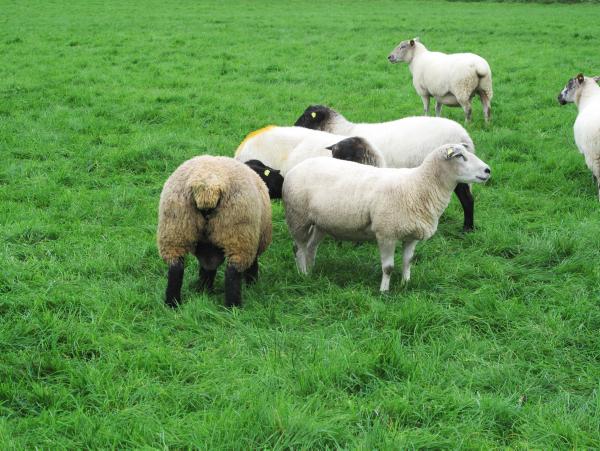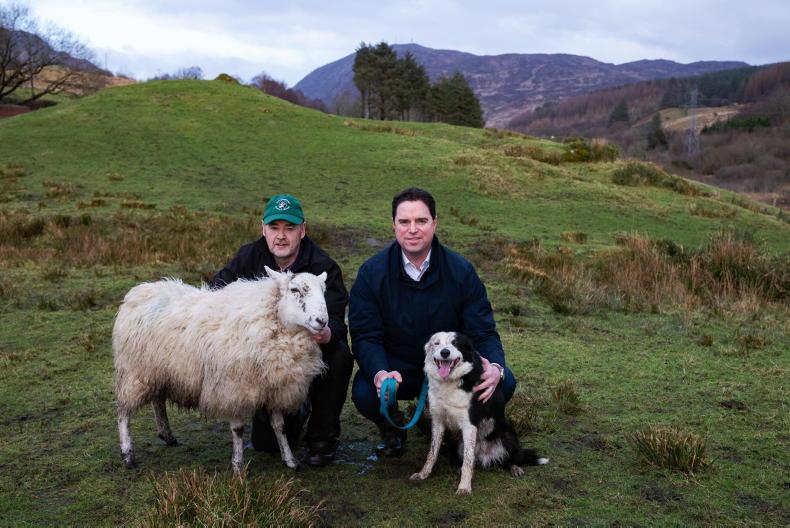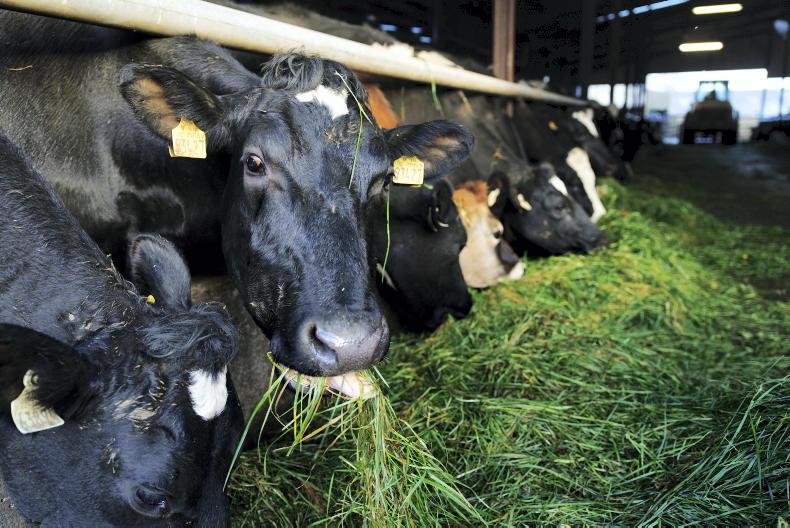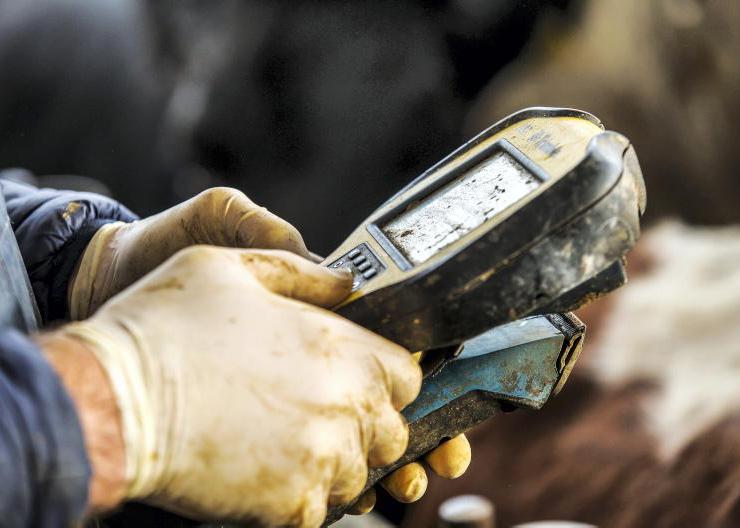Two weeks ago, I was called out to a distressed farmer whose sheep had been attacked by a wandering Labrador. He had managed to catch the dog and he asked me to bring out my microchip scanner to identify him.
When I arrived at the farm, the scene was quite gruesome. Eight sheep lay dead in the field and several others were severely injured. I was able to stitch up five ewes which had sustained severe bite wounds and I administered antibiotics and pain relief. Sadly, four of his lambs were too severely injured to be treated and had to be humanely euthanised.
This was the second attack perpetrated by the dog in question. The farmer told me that he had visited the owner several times to inform them that their dog was straying on to his farm. They promised that they would purchase a radio fence and that they would keep their dog confined.
After treating the injured sheep, I scanned the dog’s neck and identified and recorded the microchip number. The dog was indeed registered to the owners in question.
When the farmer confronted the owners, they were forced to admit liability and to pay the costs incurred by the farmer.
Unfortunately, most sheep attacks are not resolved in such a manner and without sufficient evidence, farmers are all too often burdened with the financial losses involved.
Happily, this looks set to change. Minister Coveney recently announced a nationwide canine microchipping programme that will be rolled out on a phased basis, beginning with pups in September 2015 and expanding to all dogs in March 2016.
This will benefit the welfare of all dogs and will allow lost dogs to be swiftly reunited with their owners. From a farming perspective, it will act as a much-needed deterrent to irresponsible owners. It will also reduce the incidence of wandering dogs introducing neospora, a protozoal parasite spread through dog faeces causing abortion in cattle.
Mairead Berkery works at Avondale Vet Clinic, Arklow, Co Wicklow. Avondale Vet Clinic is part of XLVets.








SHARING OPTIONS